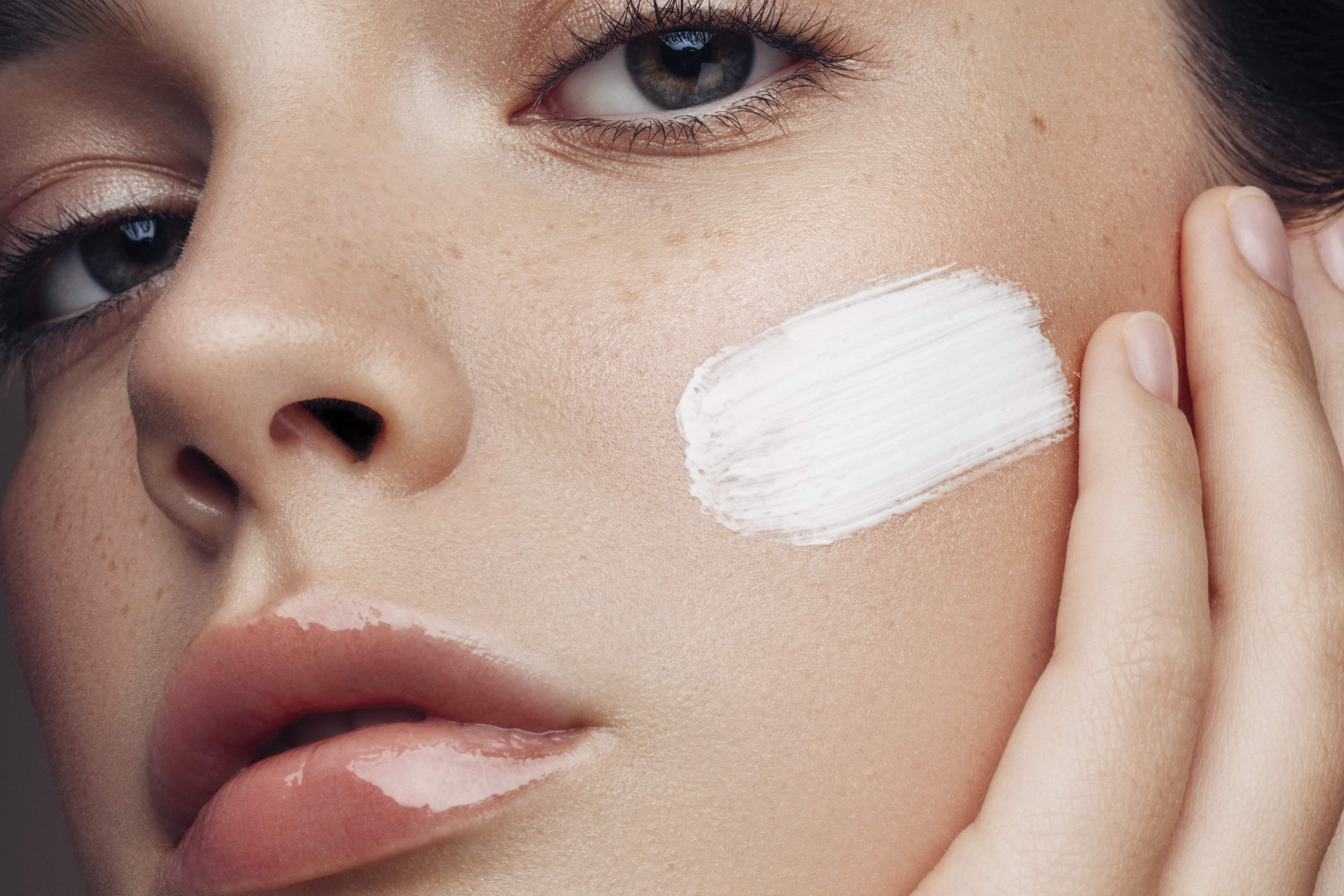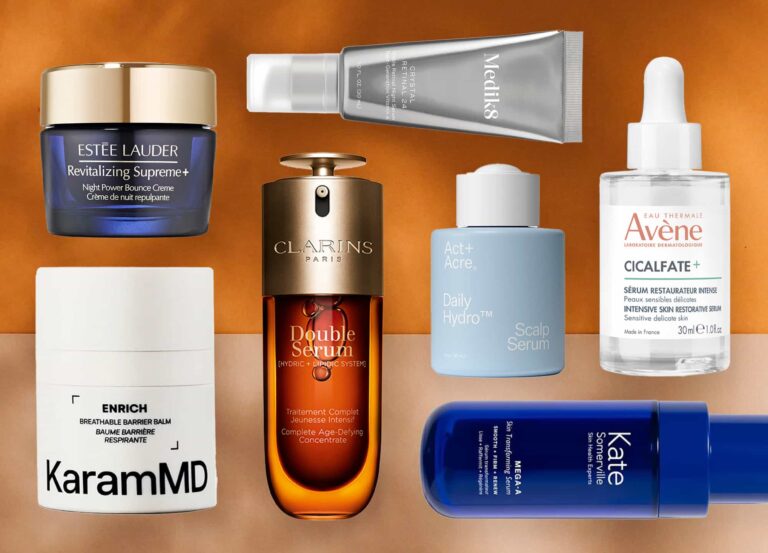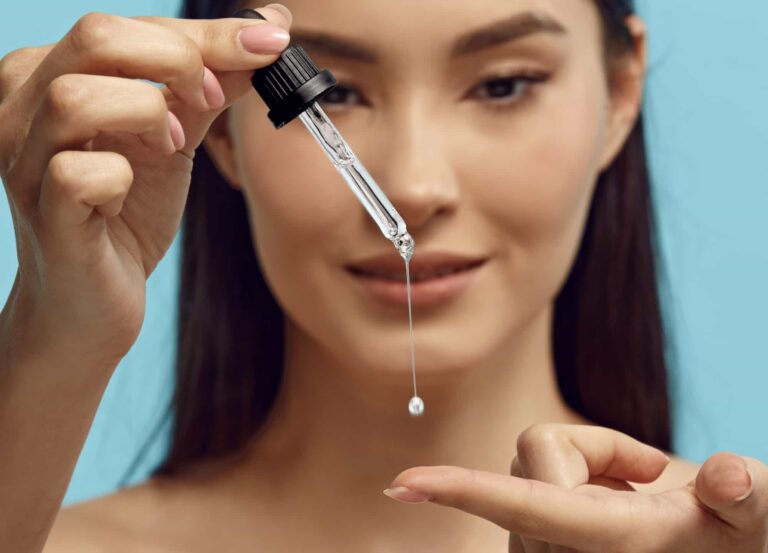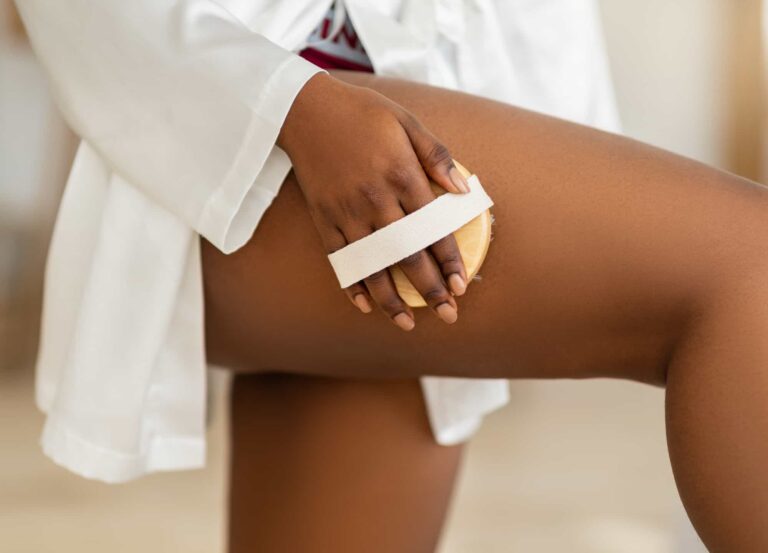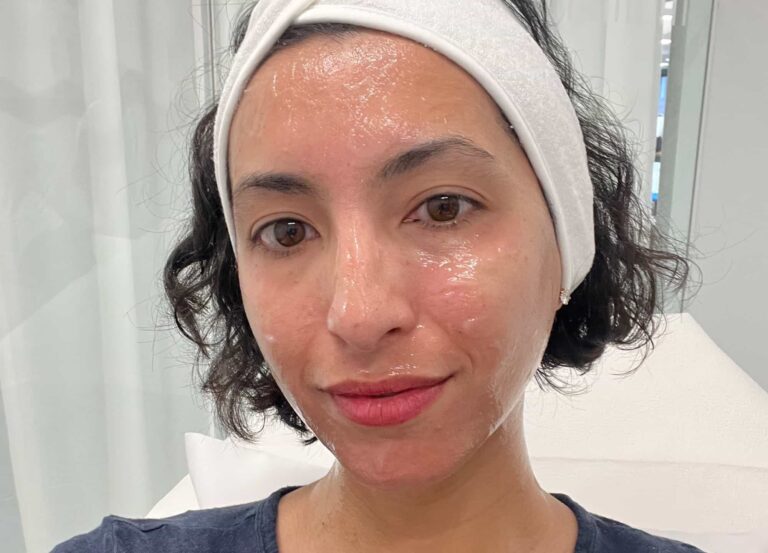Americans are using anti-aging products more than sunscreen, according to new data from RealSelf.
The 2020 RealSelf Sun Safety Report reveals that 62% of Americans use anti-aging products as part of their daily skincare routine, but only 11% wear sunscreen daily.
While daily sunscreen use remains low, around two-thirds (64%) of U.S. adults say they always or almost always wear sunscreen if they plan to be outside for an extended period of time. Women are significantly more likely than men to wear sunscreen on a daily basis (16% vs. 6%) and when outdoors for extended periods of time (67% vs. 62%).
Motivations for Sunscreen Use: Prevent Skin Cancer and Signs of Aging
Preventing skin cancer is the top motivation among sunscreen wearers (71%), followed by preventing the appearance of aging skin (46%) and preventing sun spots (43%). Significantly more Americans cite preventing sun spots as a motivator compared to June 2019 (43% vs. 39%). Women are significantly more likely to say preventing the appearance of aging skin is a motivator compared to men (53% vs. 36%), while men are significantly more likely than women to say preventing the look and feel of sunburn is a top motivation (47% vs. 39%).
Of the 46% of Americans who never wear sunscreen, more than half (55%) believe they are not exposed to the sun enough to need it. Other frequently cited excuses for not wearing sunscreen are not getting sunburns easily (22%), not liking how sunscreen feels on the skin (15%) and wanting to wear sunscreen but forgetting to do so (14%).
| Top motivations for sunscreen use among U.S. adults | Total % 2020 | Total % 2019 |
| To help prevent skin cancer | 71% | 74% |
| To help prevent the appearance of aging skin | 46% | 46% |
| To help prevent sunspots on skin | 43% | 39% |
| To prevent the look or feel of a sunburn | 42% | 48% |
| Other | 1% | 1% |
Source: RealSelf.com, 2020 RealSelf Sun Safety Report
Related: The 9 Best Sunscreens for Melasma and Hyperpigmentation
More Americans Using Moisturizers and Makeup Products with SPF
Among Americans who wear sunscreen at least one day a week, 56% use a moisturizer with SPF, up from 51% in 2019. Makeup products with built-in sun protection factor are also increasing in popularity—nearly one in three U.S. adults (29%) use a makeup product with SPF, up from 25% in June 2019.
The report also reveals that 71% of Americans would be more likely to purchase a sunscreen product if a dermatologist or plastic surgeon recommended it to them as their patient, but far fewer—only 35%—would be more motivated to purchase a sunscreen product because a dermatologist or plastic surgeon created it themselves.
| What type of sunscreen do you typically use? | Total % 2020 | Total % 2019 |
| Moisturizer with SPF | 56% | 51% |
| Regular SPF (not dual purpose) | 51% | 58% |
| Makeup product(s) with SPF (tinted moisturizer, powder) | 29% | 25% |
| Other | 1% | 1% |
Source: RealSelf.com, 2020 RealSelf Sun Safety Report
Men More Likely to Reapply Sunscreen, Undergo Annual Skin Checks
While men are less likely than women to wear sunscreen, they are significantly more likely to reapply sunscreen when they do wear it. More than half (53%) of men reapply every time or almost every time they wear sunscreen, compared to only 35% of women.
Men are also significantly more likely to have regular skin checks, which involve a thorough examination by a dermatologist to look for cancerous or precancerous spots on the skin. Nearly half of men (46%) say they get a skin check every year or most years, compared to only 37% of women. Americans who have had skin cancer or know someone who has are significantly more likely to get a skin check every year compared to those that don’t have a personal connection to the disease (52% vs 32%).
Methodology
Survey conducted online by Dynata on behalf of RealSelf from March 13–19, 2020, among 1,997 U.S. women and men ages 18 and older.
Related: 6 Controversial Sunscreen Ingredients—and 3 That Are the Gold Standard







